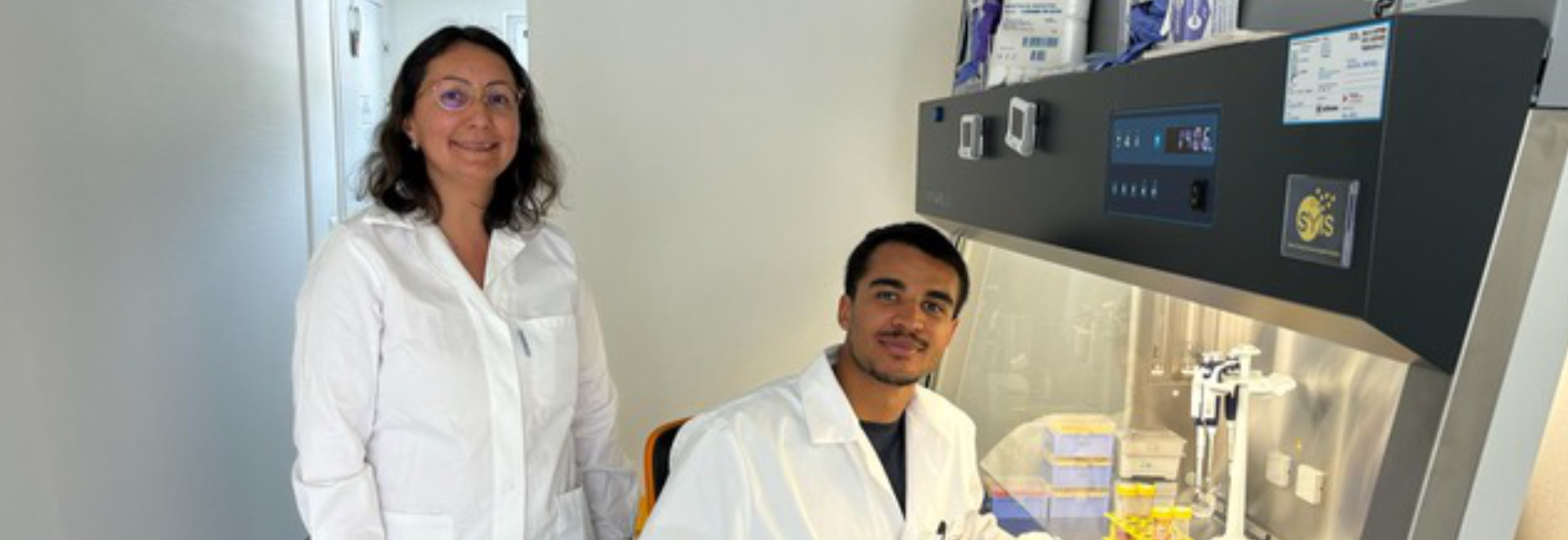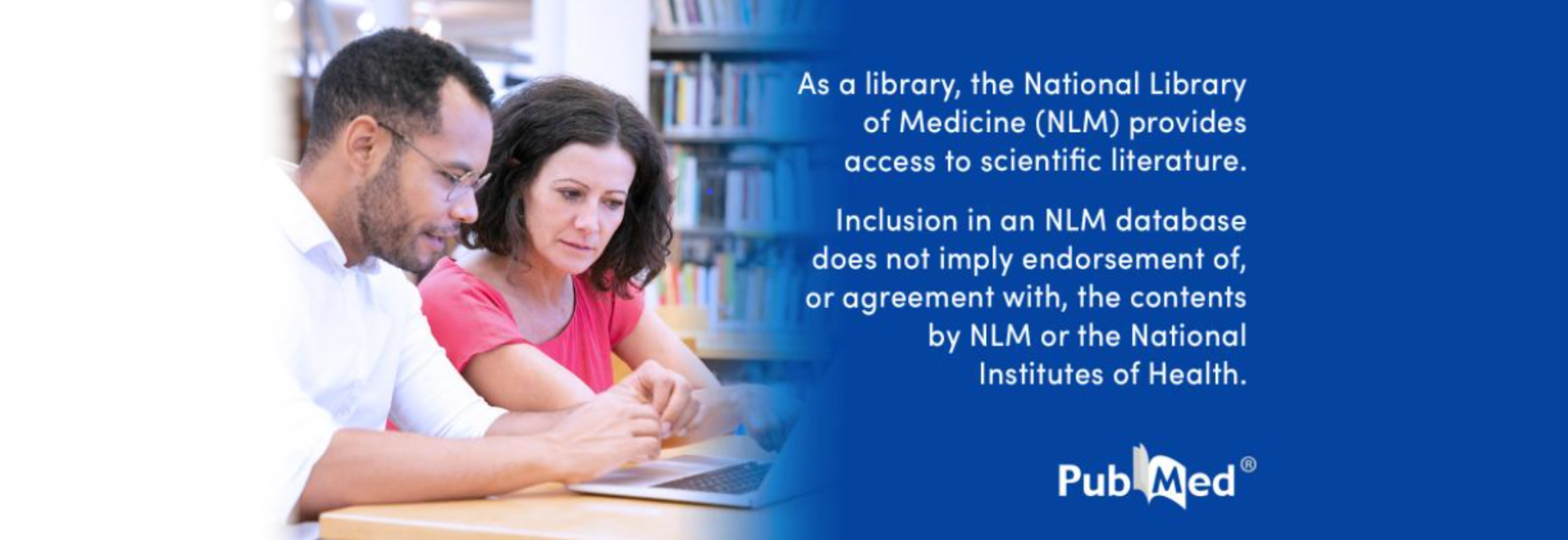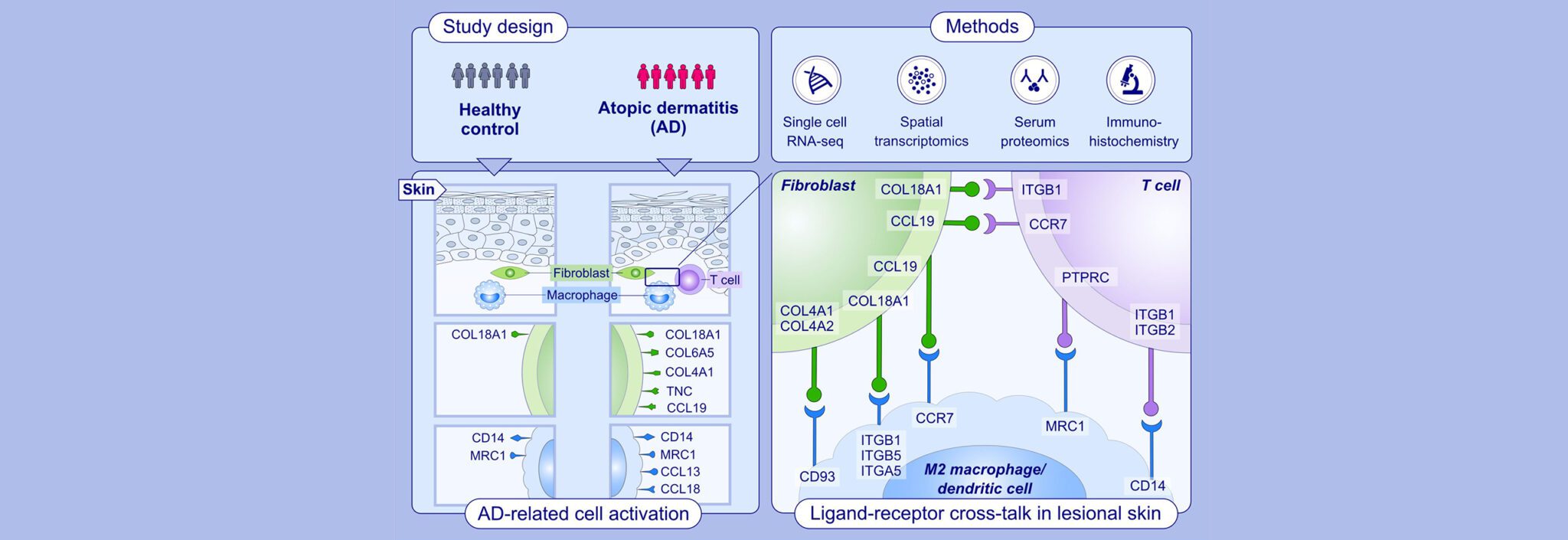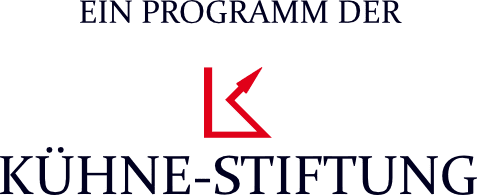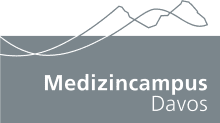As they do every year, members of the CK-CARE Consortium met in the Davos Congress Centre in September 2016. The meeting was attended by more than 50 participants and a highlight of the research year.
As well as individual reports from the Work Packages and different locations, the focus was primarily on an exchange of experiences and further training. The latter was achieved by organising three workshops with the key topics of “Microbiome”, “Scientific writing” and “Statistics and study design”. All the participants were able to attend all three workshops on a rotation basis and hence benefit from the latest developments in these three selected areas.
Before the dinner in the Restaurant Spina, team members enjoyed a fascinating and entertaining speech by Professor Ring from Munich, who gave the attendees a deep insight into the mysteries of allergy from his perspective and with his special brand of humour. Finally, on a torch-lit walk back from the restaurant, the group was able to reflect again on the many memorable experiences gained in the team meeting.
The annual team meeting is and remains an important element of the scientific exchange, but also the team spirit that exists within the CK-CARE research consortium.


